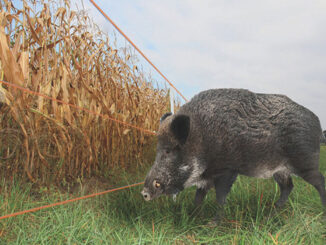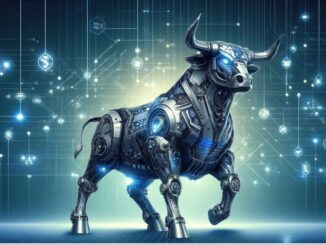
Some people become vegetarians (or vegans) to oppose animal suffering. Others do so for health reasons or to avoid burdening our already suffering planet. What would happen, however, if all the inhabitants of the Earth suddenly converted to a diet free of meat or products of animal origin?
An article published in BBC Future imagines this unlikely scenario, which would have very different consequences on different areas of the Earth.
“It would literally be a two-world story,” says Andrew Jarvis, of Colombia’s International Centre for Tropical Agriculture. “In industrialized countries, vegetarianism would bring all sorts of environmental and health benefits. On the other hand, in developing countries there would be negative effects in terms of poverty.”
All Vegetarians: The Advantages
Food production accounts for one-third to one-quarter of total anthropogenic greenhouse gases. The main source of pollution is animal husbandry. In particular, the problem is methane emissions from manure and CO2 emissions from the entire meat processing chain.
Marco Springmann, a researcher at Oxford University, calculated that if the whole world stopped eating meat by 2050, emissions from food production would fall by 60%. If we even became all vegans, we would cut emissions by 70%. This is an extreme scenario, but it also explains the environmental impact of red meat consumption.
Moreover, 68% of the 5 billion hectares of potentially cultivable land is now used for livestock farming. By becoming all vegetarians, we could convert at least 80% of these areas to agricultural land for our livelihoods. This would then mean planting other trees and plants that would also help absorb CO2. In this way, we would also recover the percentage of land – a third of the cultivated land – used today to produce animal feed.
It Is not that Simple
However, converting land would not be an easy process. Transforming impoverished lands into fields would, in fact, require a considerable effort. Moreover, it would be necessary to relocate all those who work in the livestock sector. Not to mention the disastrous effects that the disappearance of grazing animals – 3.5 billion ruminants worldwide – would have on biodiversity and the global economy.
On Earth there is also a third of free land that can only be used for sheep farming. One example is the Sahel area, an African region between the Sahara and the equator. In the past, the inhabitants have tried to transform some areas there traditionally used for breeding into arable land. The results for the local economy, however, have been disastrous. In addition, without their animals, nomadic populations such as the Berbers and Mongols would lose their cultural identity and their main livelihood.





Leave a Reply